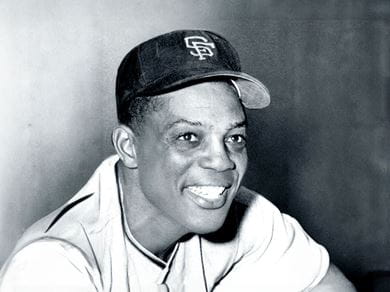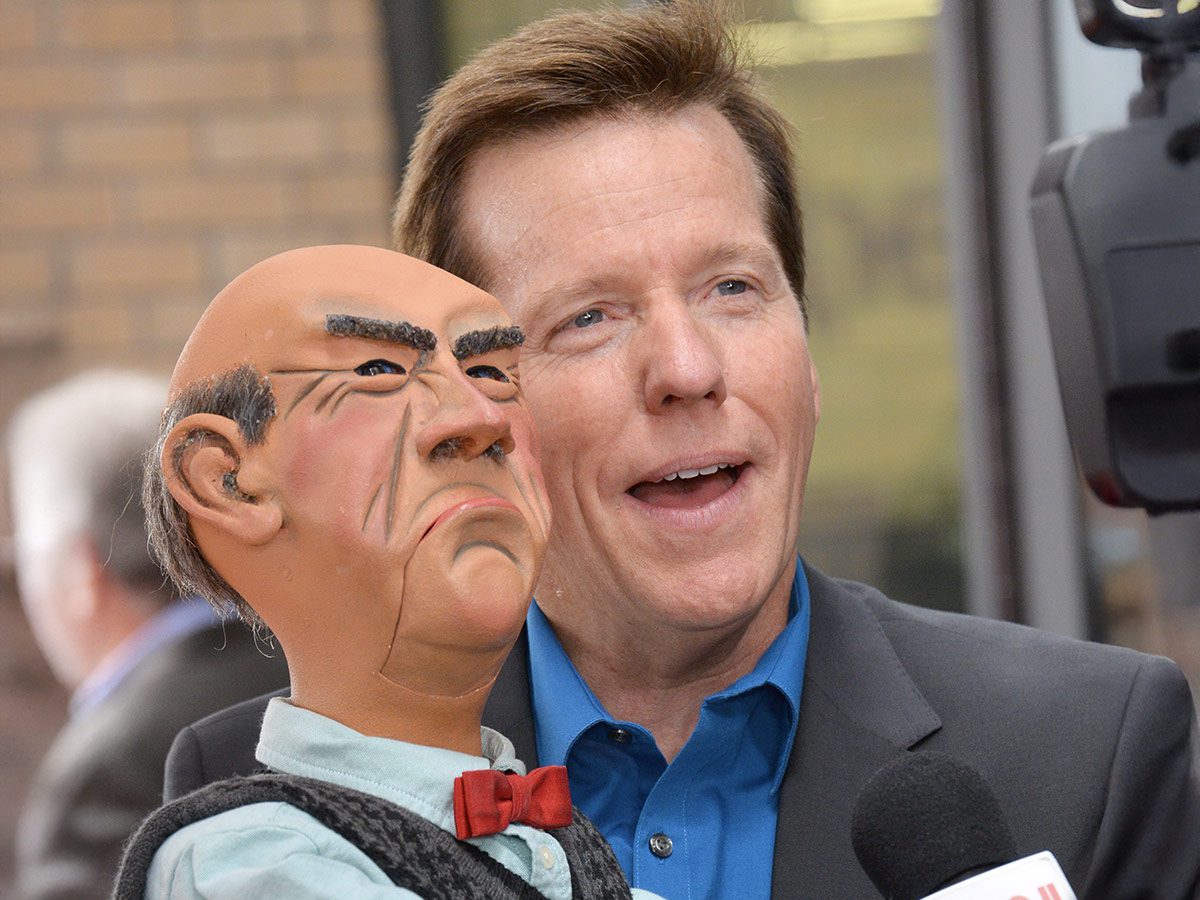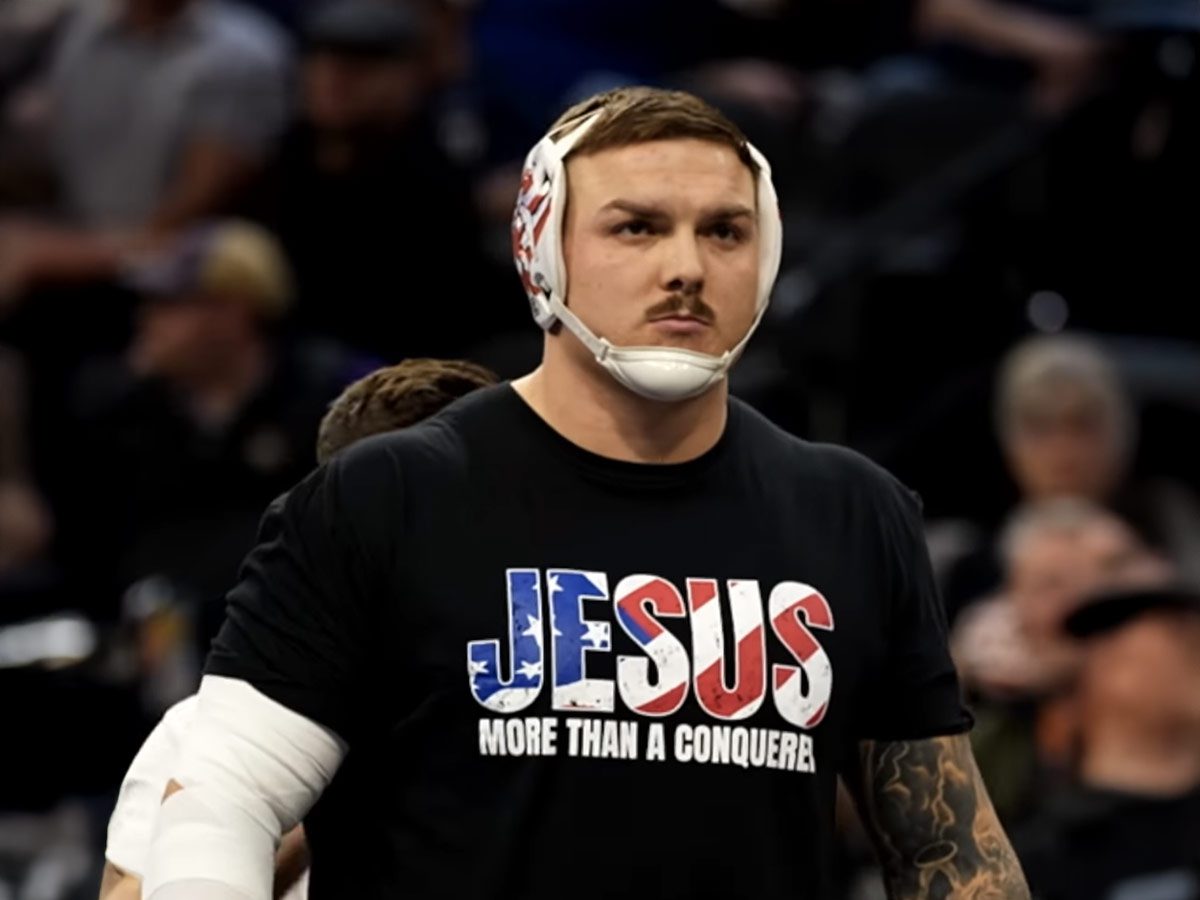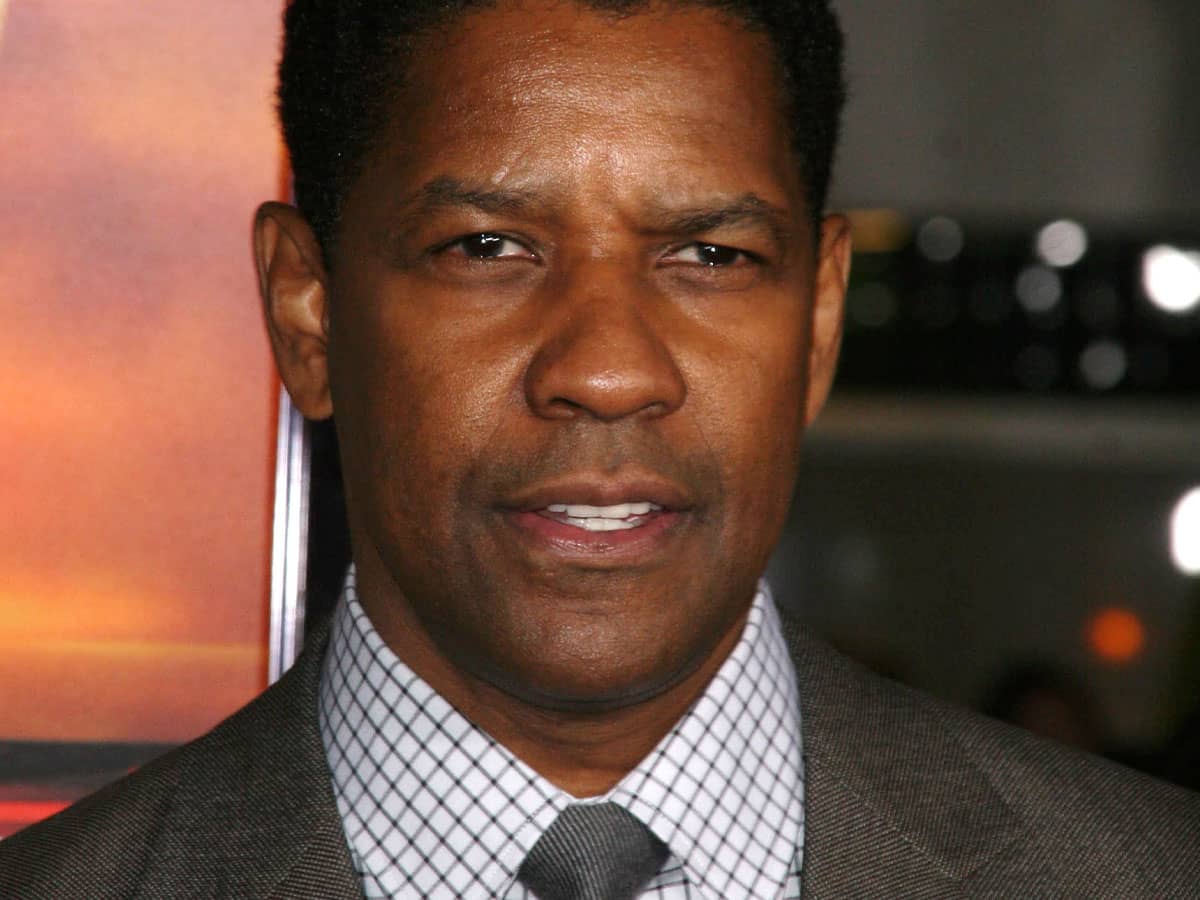
- Faith: Christian
- Career: Athlete
- Birthday: May 06, 1931
- Date of Death: June 18, 2024
Willie Mays, famously known as "the Say Hey Kid," had an illustrious career as a center fielder, spanning 23 seasons in Major League Baseball (MLB). Widely considered one of the greatest baseball players of all time, Mays is often ranked just behind Babe Ruth in various all-time lists, including those by The Sporting News and ESPN. His career in the National League saw him play from 1951 to 1973 for the New York / San Francisco Giants and the New York Mets.
Willie Howard Mays Jr. was born on May 6, 1931, in Westfield, Alabama. His parents, Willie Sr. and Annie Satterwhite Mays, provided a stable and loving home that nurtured his early talents. His father was a talented baseball player in the Negro leagues, and his mother was a gifted basketball player in high school, ensuring that athleticism was in his blood. Raised in a close-knit community, Willie Mays quickly showed an affinity for sports, especially baseball. By the age of 12, Mays was already playing semi-professional baseball with his father’s team, the Birmingham Industrial League's Chattanooga Choo-Choo.
Willie attended Fairfield Industrial High School in Fairfield, Alabama, where he excelled not only in baseball but also in basketball and football. His exceptional athletic prowess made him a standout, and he began attracting attention from scouts across the country. During the summer, Mays played for the Birmingham Black Barons, a Negro American League team, where he honed his skills further and developed a reputation as a prodigious talent.
In 1950, Mays signed with the New York Giants and was assigned to their minor league team in Trenton, New Jersey. His performance was outstanding, leading to his promotion to the Minneapolis Millers, a AAA team, where he continued to impress with his batting and fielding skills. On May 25, 1951, Mays made his major league debut with the New York Giants. Initially, he struggled at the plate, but his persistence and natural ability soon shone through. By the end of the season, Mays had established himself as a key player for the Giants, earning the National League Rookie of the Year award.
Willie Mays' career was marked by numerous achievements and accolades. He was known for his all-around abilities—batting, fielding, and base running. One of his most famous moments came in the 1954 World Series when he made "The Catch," an over-the-shoulder grab that is still considered one of the greatest defensive plays in baseball history. Mays won two MVP awards (1954 and 1965), made 24 All-Star appearances, and won 12 Gold Glove Awards.
In 1958, the Giants moved to San Francisco, and Mays became the face of the franchise in their new home. He continued to excel, hitting 660 home runs over his career, ranking him among the greatest power hitters of all time. Mays' combination of speed, power, and defensive prowess made him a beloved figure not just in San Francisco but throughout the baseball world.
Mays played his final seasons with the New York Mets, retiring in 1973. He finished his career with a .302 batting average, 3,283 hits, and 1,903 runs batted in (RBIs). After retiring, Mays remained involved in baseball, serving as a coach and special assistant to the Giants, sharing his wealth of knowledge and passion for the game with new generations of players.
After retiring from active play, Mays continued to be a prominent figure in the world of baseball. He worked as a coach for the New York Mets and later as a special assistant to the Giants, where he was instrumental in mentoring younger players and promoting the sport. Mays also became involved in various charitable endeavors, focusing on youth sports and education. His commitment to giving back to the community earned him respect and admiration off the field as well.
Throughout his post-playing career, Mays received numerous honors recognizing his contributions to baseball and society. In 1979, he was inducted into the Baseball Hall of Fame in his first year of eligibility. His legacy was further cemented when Major League Baseball named him one of the 100 greatest players in the history of the sport in 1999. Mays was also awarded the Presidential Medal of Freedom in 2015, one of the highest civilian honors in the United States, acknowledging his impact beyond the baseball diamond.
Willie Mays' personal life was marked by both triumphs and challenges. He was married twice, first to Margherite Wendell Chapman in 1956, with whom he adopted a son, Michael. The marriage ended in divorce in 1963. In 1971, Mays married Mae Louise Allen, with whom he remained until her passing in 2013. Mays' relationship with his son Michael was an important part of his life, and he often spoke about the importance of family and the support they provided throughout his career.
Willie Mays passed away on June 18, 2024, at the age of 93. His death marked the end of an era in baseball, but his legacy continues to inspire countless fans and players. Mays left behind a rich legacy as one of the greatest baseball players of all time, celebrated for his incredible talent, sportsmanship, and contributions to the game.
Willie May's Religious Beliefs
Faith played a significant role in Willie Mays' life. Raised in a Christian household, Mays' beliefs were a guiding force both on and off the field. He was known to attend church regularly and often spoke about how his faith helped him navigate the pressures of professional sports and life in the public eye. Mays attributed much of his success to the values instilled in him by his parents and his faith community, which emphasized hard work, humility, and perseverance.
Back to the Celebrity Faith Database














